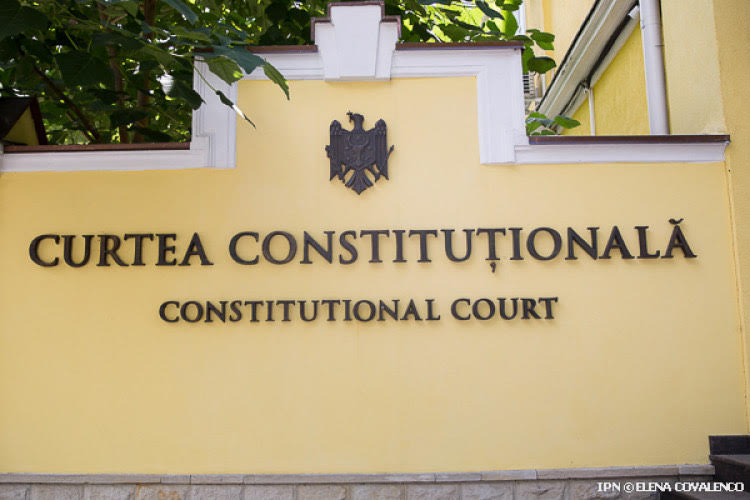
The Constitutional Court (CC) held that the Fiscal Code’s provision concerning fiscal secret is constitutional. It decided that the fiscal bodies and courts of law, when examining cases about access to information, can determine if there is a legitimate goal for preventing access to information that represents fiscal secret. An application to determine the constitutionality of this provision of the Fiscal Code was submitted by PAS MP Dumitru Alaiba, IPN reports.
“The Court partially accepted the request to determine the constitutionality of Article 129, point 19 of the Fiscal Code 129, filed by MP Dumitru Alaiba. Article 129, point 19 of the Fiscal Code is recognized as constitutional if the fiscal bodies and courts of law, when examining cases about access to information, can determine if there is a legitimate goal for preventing access to information that represents fiscal secret and can contrast the opposing principles,” said CC president Domnica Manole.
The meeting was held in the absence of Dumitru Alaiba.
Judge Sergey Țurcan said the definition of “fiscal secret” is ambiguous and this leads to the abusive application of this provision by the fiscal bodies. The author of the application considers that given this ambiguity, the fiscal bodies class as fiscal secret all the information concerning the size of contributions and deny access to this information that is requested by civil society and the media, the right of access to information of public interest being thus violated.
The Parliament’s representative Valeriu Kuchuk said the legislative body considers the request should be rejected for a number of reasons. The notion of fiscal secret is present in the legislation of all the countries and the balance between the particular legitimate interest and public interest is guided by the legislation of these states, including the obligation to respect the personal data and to pass the legitimate interest test. The notion of fiscal secret is in accordance with the Constitution, which provides that the right to information should not affect the measures to protect the citizens or national security.
The decision is definitive, cannot be appealed, takes effect when it is adopted and is published in the Official Gazette.











